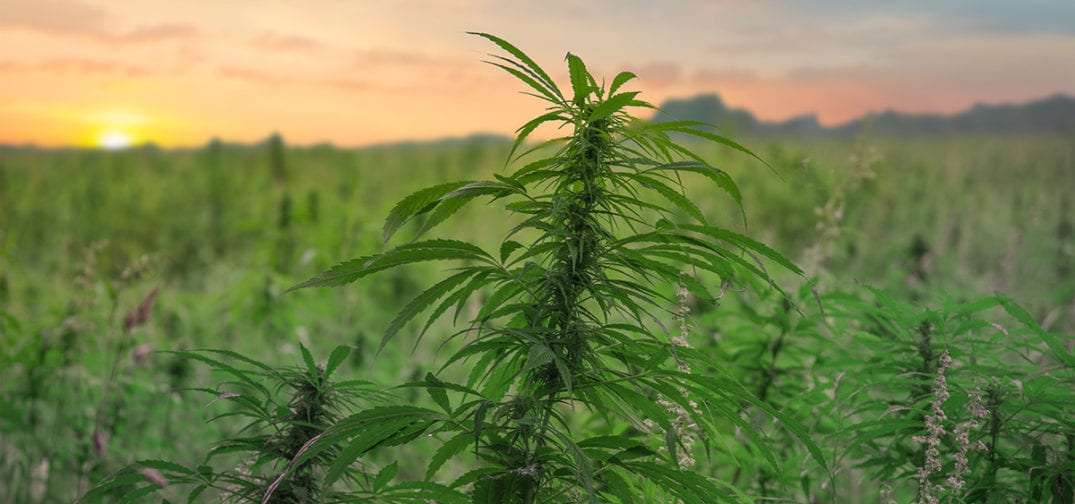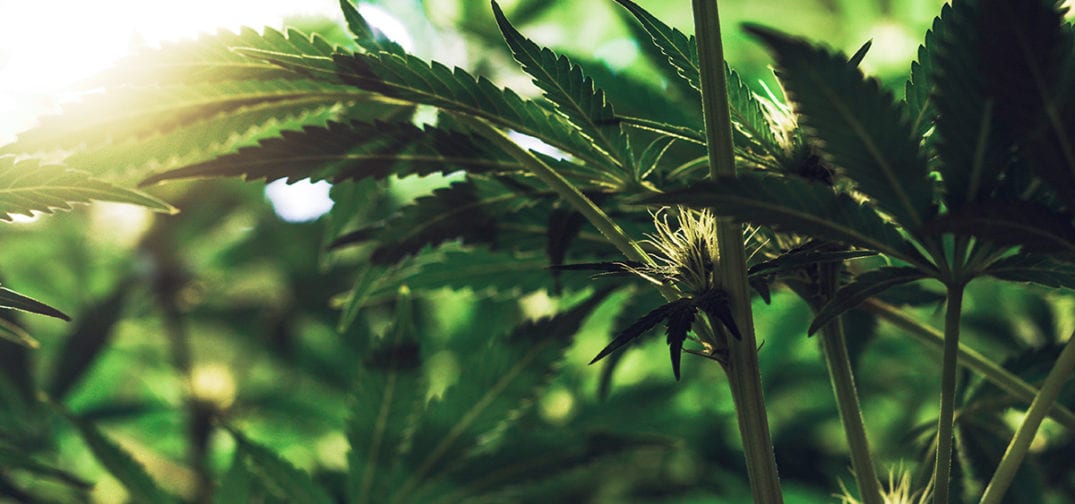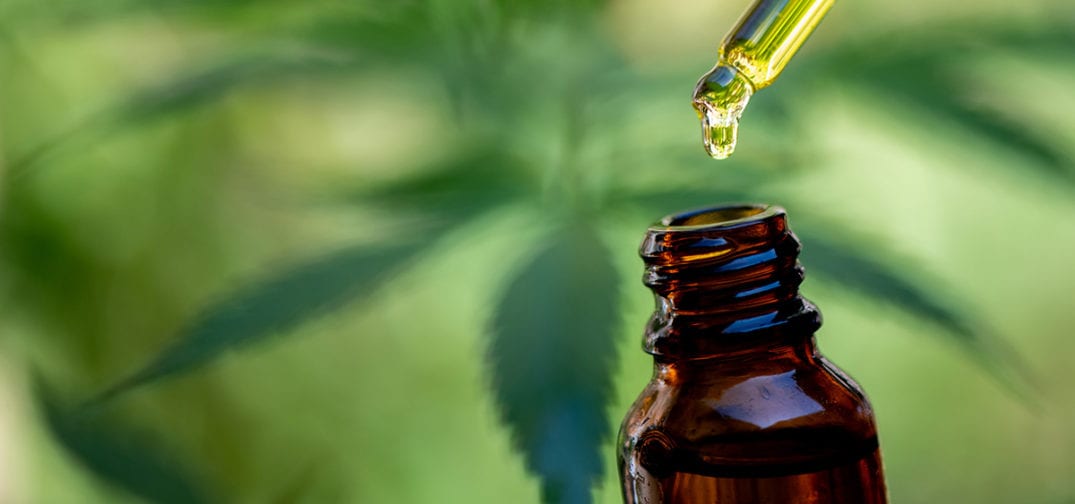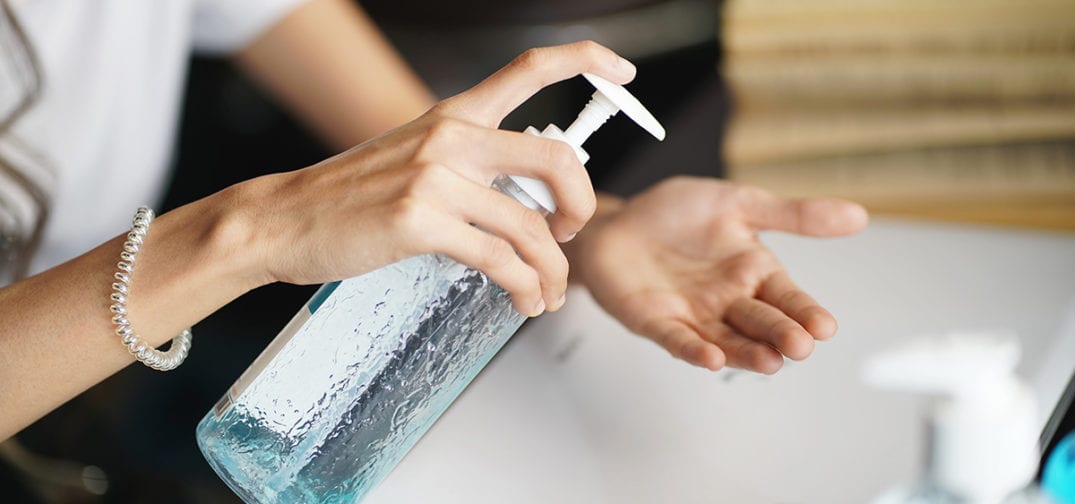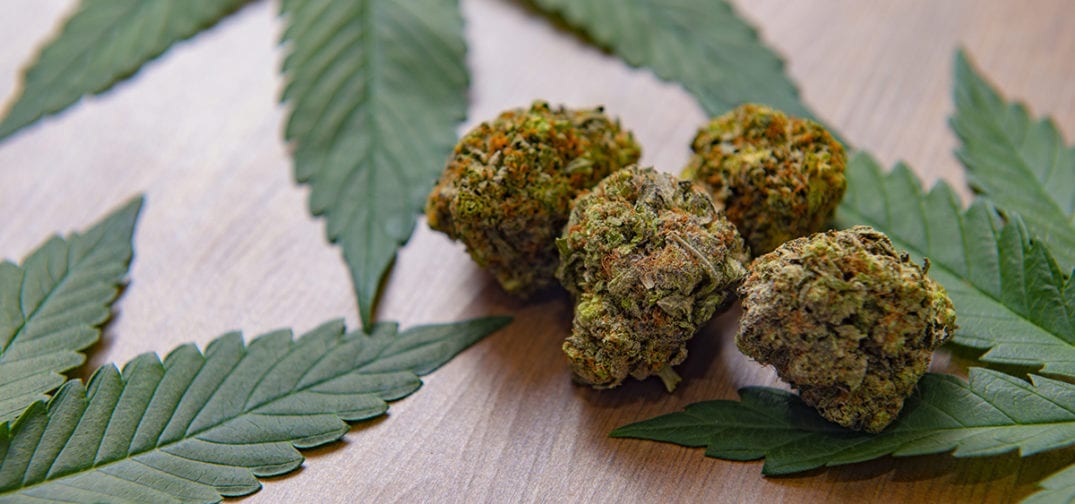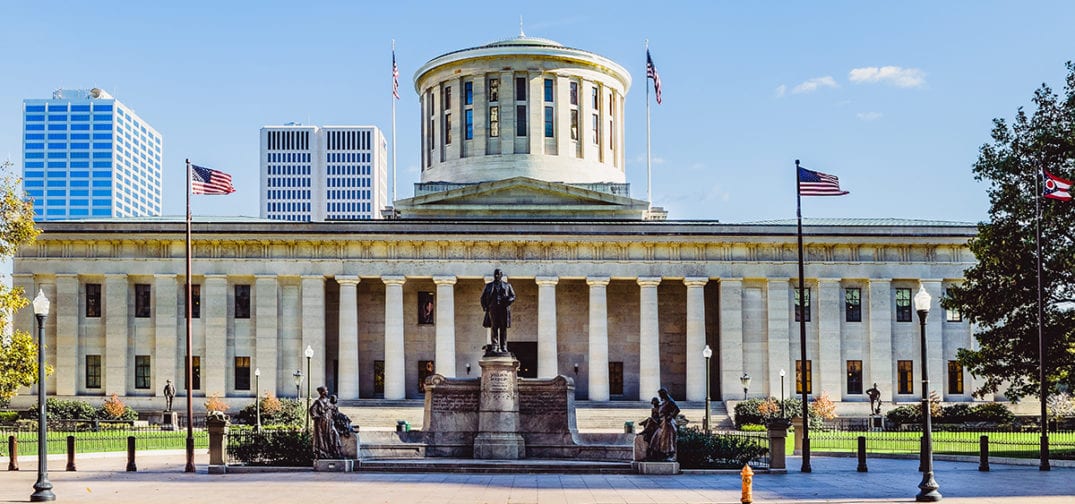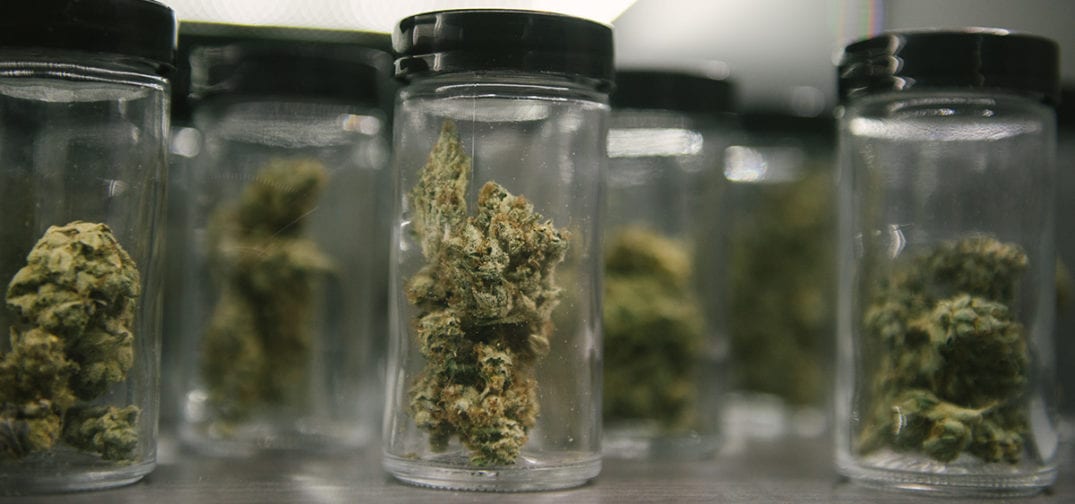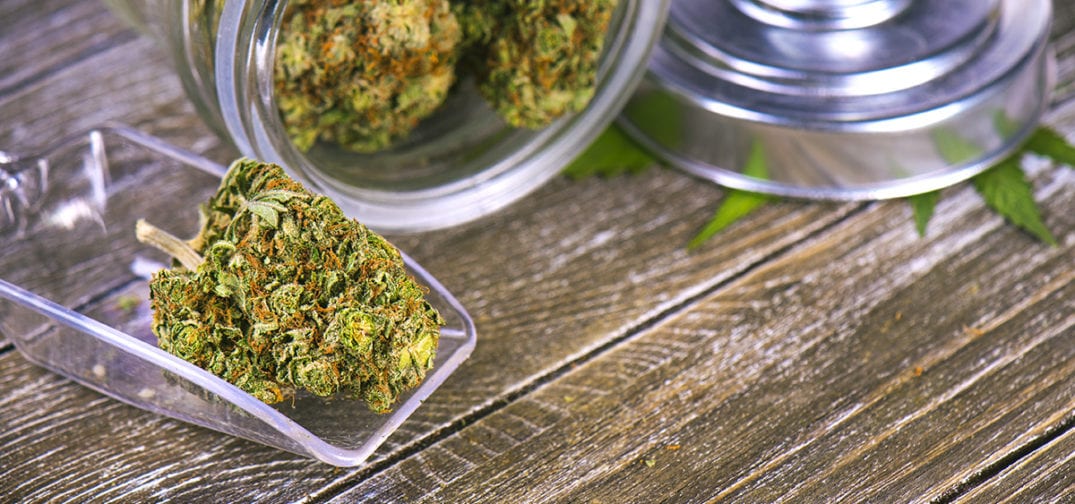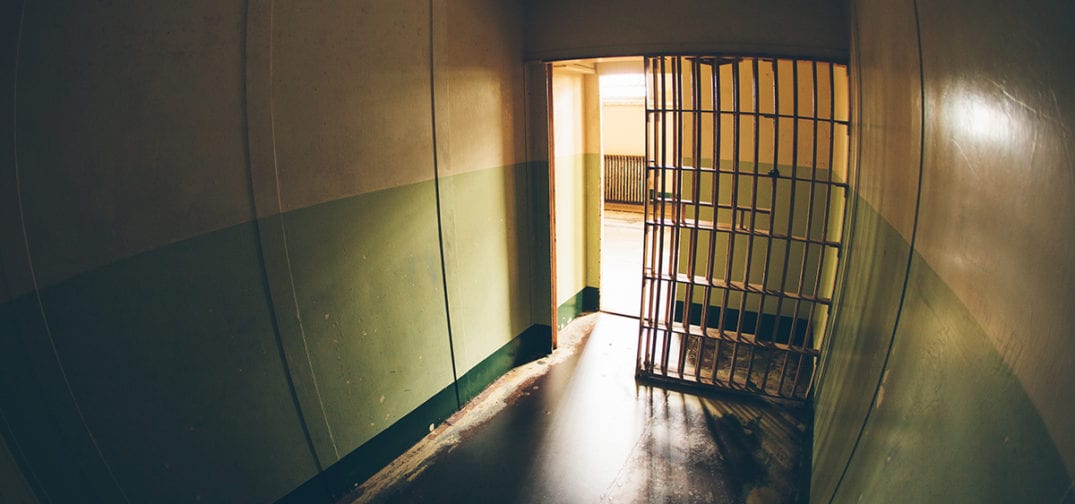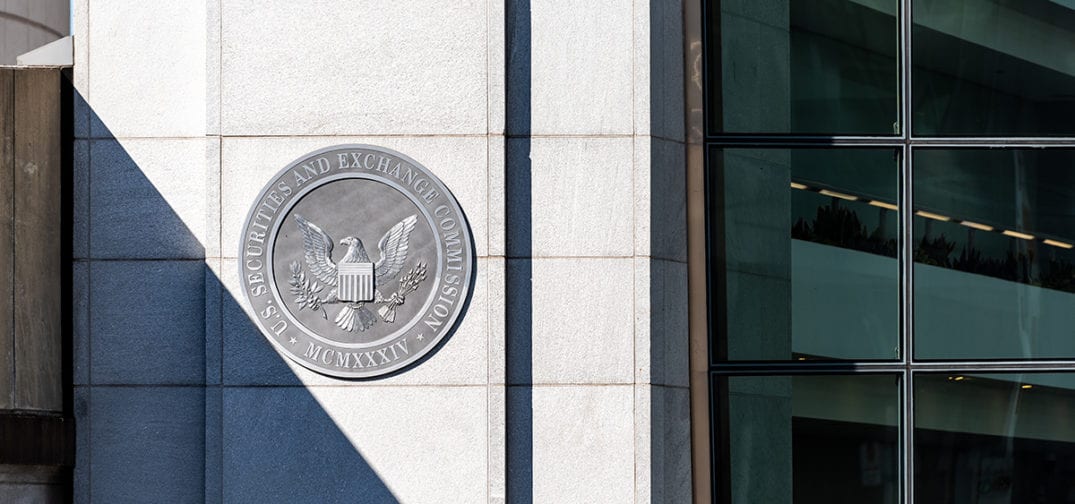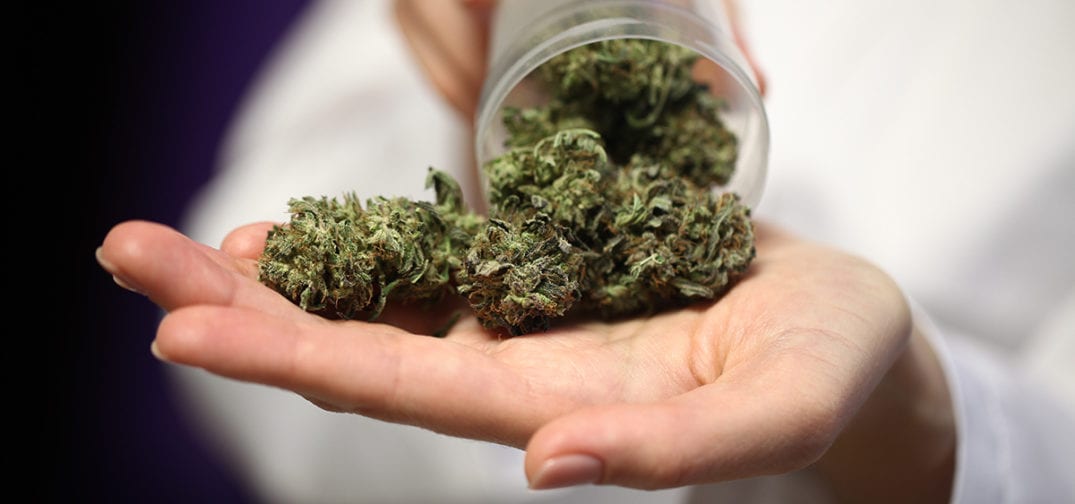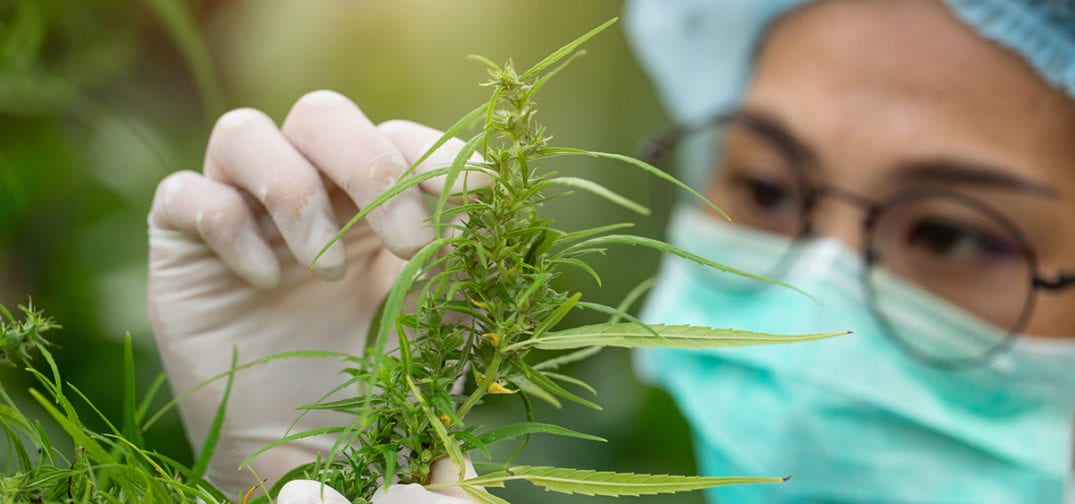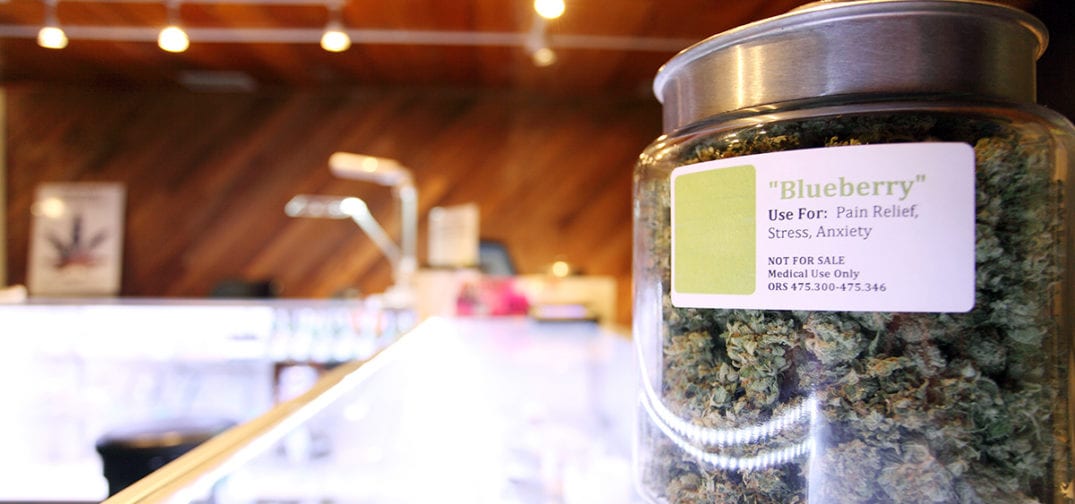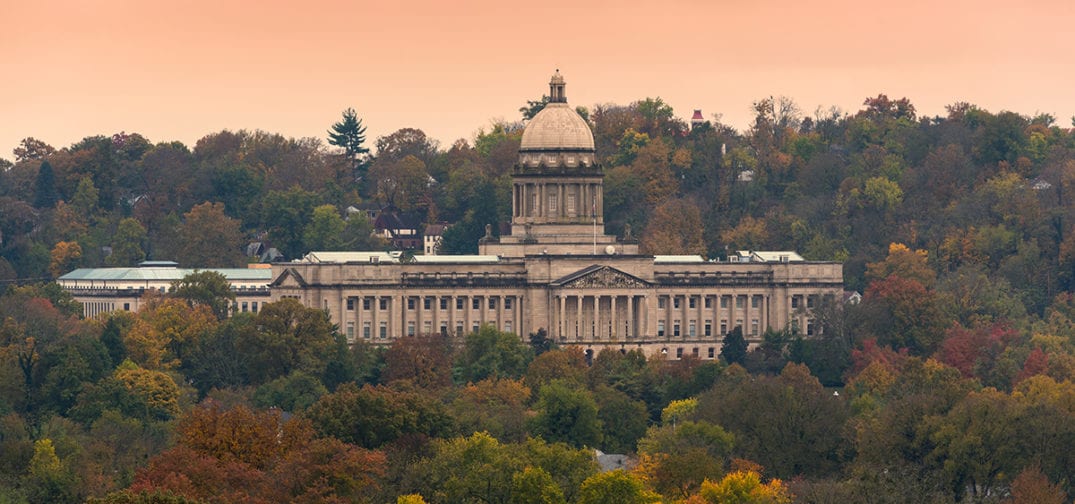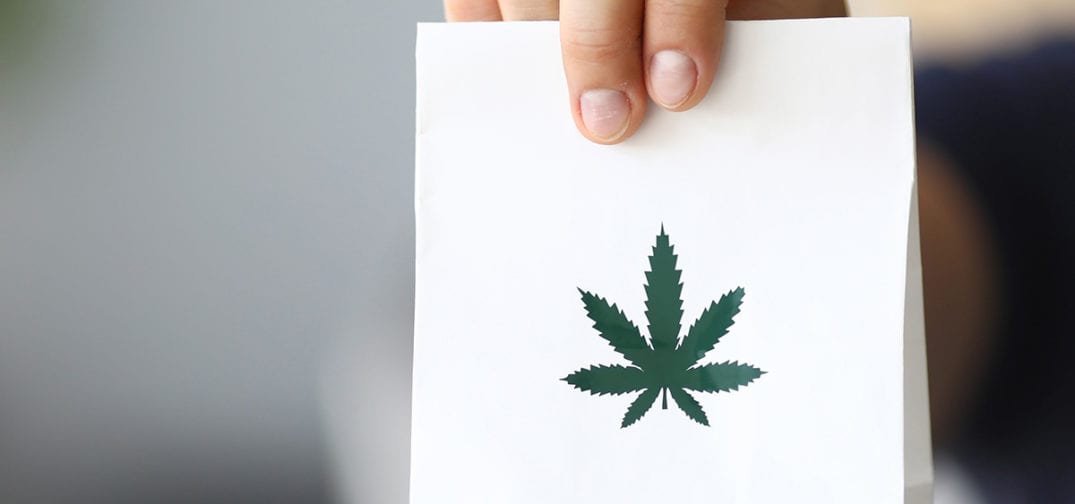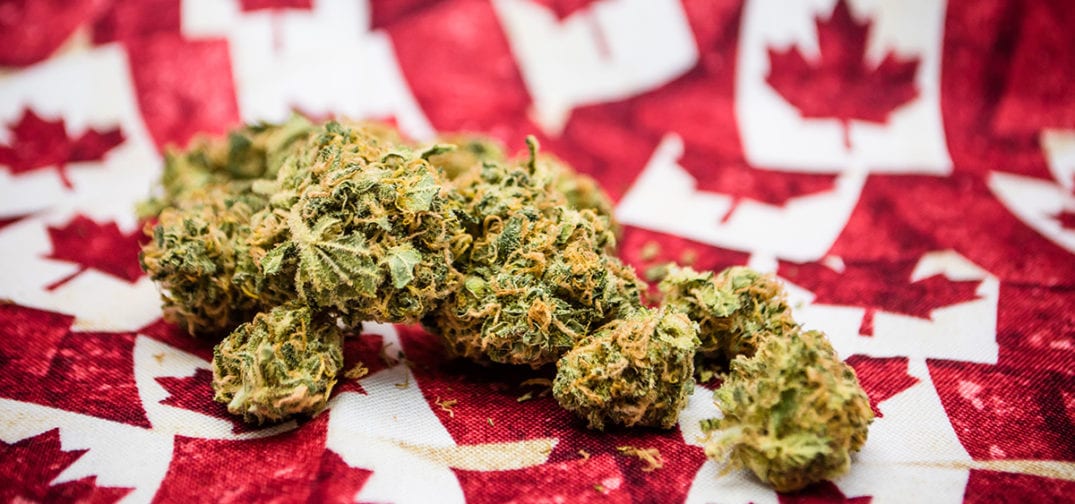Normally active, social people around the world have been forced to socially isolate themselves in light of the coronavirus pandemic, making this a great time to catch up on that reading list. For years, cannabis buffs had cult classics like Jorge Cervantes’ Growing Marijuana and the beloved cultivation anthologies from Ed Rosenthal. Now, in a post-legalization world, the cannabis enthusiast’s library has grown exponentially. These books could provide entertainment and activities for the remainder of your social isolation:
Higher Etiquette: A Guide To Cannabis, From Dispensaries to Dinner Parties
Decades after the iconic Emily Post set the stage for proper rules of etiquette, her daughter Lizzie Post, President of the Emily Post Foundation, released this guide to cannabis culture etiquette. Read about how to navigate the myriad choices at a dispensary, the proper way to gift weed to a dinner party host, and more in this informative book for stoners and the polite people who love them.
Brave New Weed: Adventures into the Uncharted World of Cannabis
Travel around the world while you’re stuck inside with this international view of the cannabis plant. Join the author on investigative trips to California, Colorado, Amsterdam, and Israel as they attempt to unearth the individual sordid regional histories of prohibition, defamation, and insanity that comes along with the cannabis plant. Be entertained while also learning, Brave New Weed leaves readers thinking about the current state of cannabis business.
Bong Appétit: Mastering the Art of Cooking With Weed
When VICE began producing the television show Bong Appétit, which features professional chefs cooking with a vast kitchen of weed products, it became instant canon in the industry. Now, the MUNCHIES team at Vice has created a compilation of recipes with one main star: cannabis. Throughout the cookbook, read tips from co-hosts Ry Pritchard and Vanessa Lavorato.
The Cannabis Spa At Home: How to Make Marijuana-Infused Lotions, Massage Oils, Ointments, Bath Salts, Spa Nosh, and More
Many ancient spa remedies included cannabis, many of which are the model for the home treatments explained in The Cannabis Spa At Home. Browse a whopping 75 recipes for lotions, salves, emulsions, and more that can be made right in your own kitchen. The author is an herbalist, autoimmune disease survivor, and California cannabis patient who has used that unique experience to build these timeless ways to treat yourself.
Humboldt: Life on America’s Marijuana Frontier
Humboldt County is a special place in Northern California where generations of cannabis farmers have existed and sometimes thrived despite prohibition laws. The region’s families, farmers, and cannabis genetics are intriguing for cannabis aficionados and entrepreneurs alike. Author Emily Brady spent a year living with these secretive farming families which allowed her to build a world of fascinating characters while providing a bird’s eye view into life in the Emerald Triangle.
Craft Weed: Family Farming and the Future of the Marijuana Industry
Follow along as author Ryan Stoa makes his case for craft weed in a world where small farms are constantly being challenged by big business. First-person interviews with activists, growers, politicians, and investors lead readers to question whether they care if their weed is sustainable, local, artisanal, or even ethical. Stoa suggests a sustainable, artisanal, local farming model be put in place for cannabis. His solution aims to build a cannabis industry that mirrors the robust Northern California wine country, but is it the right decision? Read Craft Weed to decide for yourself.
Handbook of Psychotropic Herbs: A Scientific Analysis of Herbal Remedies for Psychiatric Conditions
Investigate the real medicinal value of herbs and plants in this extensive book from Dr. Ethan Russo. Sure, we’re stuck socially isolating and mostly staying inside but a quick walk around our yard or in a neighboring park is safe at a distance from others. Take a walk with this handbook and see if any medicinal plants have been growing in your region all along. It’s a great, fact-filled read for students, psychiatrists, counselors, psychologists, physicians, and anyone interested in herbalism.
The Cannabis Manifesto: A New Paradigm for Wellness
Iconic activist and founder of Oakland’s Harborside Health Center Steve DeAngelo lays out his views on the relationship between cannabis and wellness in this first-hand look at medical cannabis. The advocate explains how he believes that cannabis prohibition has changed the way we look at family, the courtroom, the doctor’s office, and the workplace. Read The Cannabis Manifesto to gain insight on cannabis culture and to build your own idea of what future national cannabis policy might look like.
Whether you’re learning how to use cannabis in the kitchen or the bath, or perhaps about the history of generational cannabis cultivation in Humboldt, these books can keep you company during your period of social isolation. For more, including how-to manuals and business books, check out the rest on our list!
